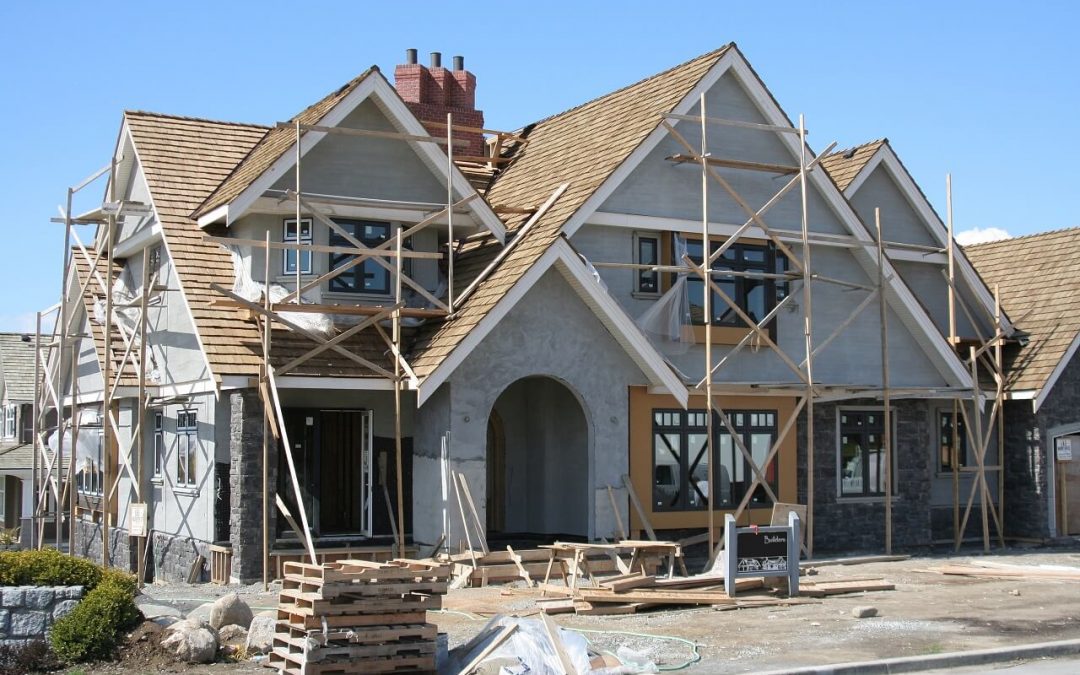Don’t Pass Up a New Construction Inspection
If you’re having a home built, you may think that an inspection is an unnecessary expense. However, it’s important as newly built properties aren’t perfect. They don’t have issues from wear and tear like existing homes, but an inspection provides valuable insights into the construction. Here are the fundamentals of a new construction inspection.
What Is New Construction Inspection?
A new construction inspection, also known as a new home inspection, is an inspection of a newly-built property before closing. A third-party professional inspector conducts the inspection to assess the home’s structure, systems, and other aspects.
After the inspection, your inspector will deliver a report with the key findings. If any problems were discovered during the inspection, you can ask the contractor to fix them before the project is complete.
Overall, a new construction inspection makes sure everything is in working order before moving into a new house, saving you from incurring costly repairs down the road.
Common Defects Found in New Homes
New homes aren’t flawless. You’re won’t encounter issues like old roofing and mold damage. Common problems that are found during a new construction inspection include:
- Structural issues like foundation cracks and poor framing
- Flooring issues
- Drainage and grading issues
- HVAC problems like malfunctioning thermostats
- Electrical problems, such as incorrectly wired outlets
- Plumbing defects, such as improper piping
Besides these issues, inspectors may also come across incomplete or hastily completed work. For example, they may encounter improperly fitted fixtures or incorrectly installed appliances.
How Many Inspections are Recommended?
Construction projects involve many people and mistakes can happen. Sometimes, these problems go undetected. A new construction inspection will highlight defects so you can ask the builder to correct them before you move into the new home. It’s recommended to schedule at least two inspections before you move into your new home.
First, get a foundation or pre-pour inspection. This inspection allows the inspector to ensure the grading and drainage were done appropriately. If any problems are detected, the builder can fix them before pouring the foundation.
Next, get a framing or pre-drywall inspection. The inspector will check that structural components like beams are installed correctly. Additionally, it involves examining components like wiring, plumbing, door frames, and windows. If issues are found, the builder can correct them before proceeding with the next phase.
This one assesses the main systems and components of the home, from the foundation to the roof. Your builder should fix any issues detected at this stage before you finalize the deal.
A newly built property may look new and perfect, but it could have underlying issues that are difficult to spot. A new construction inspection helps identify problems so they can be corrected before they worsen, saving you costly repairs in the future.
Smart Start Building Inspections provides inspection services, including new construction and new construction phase inspections, to customers in Southeast Florida. Contact us to request our services.

